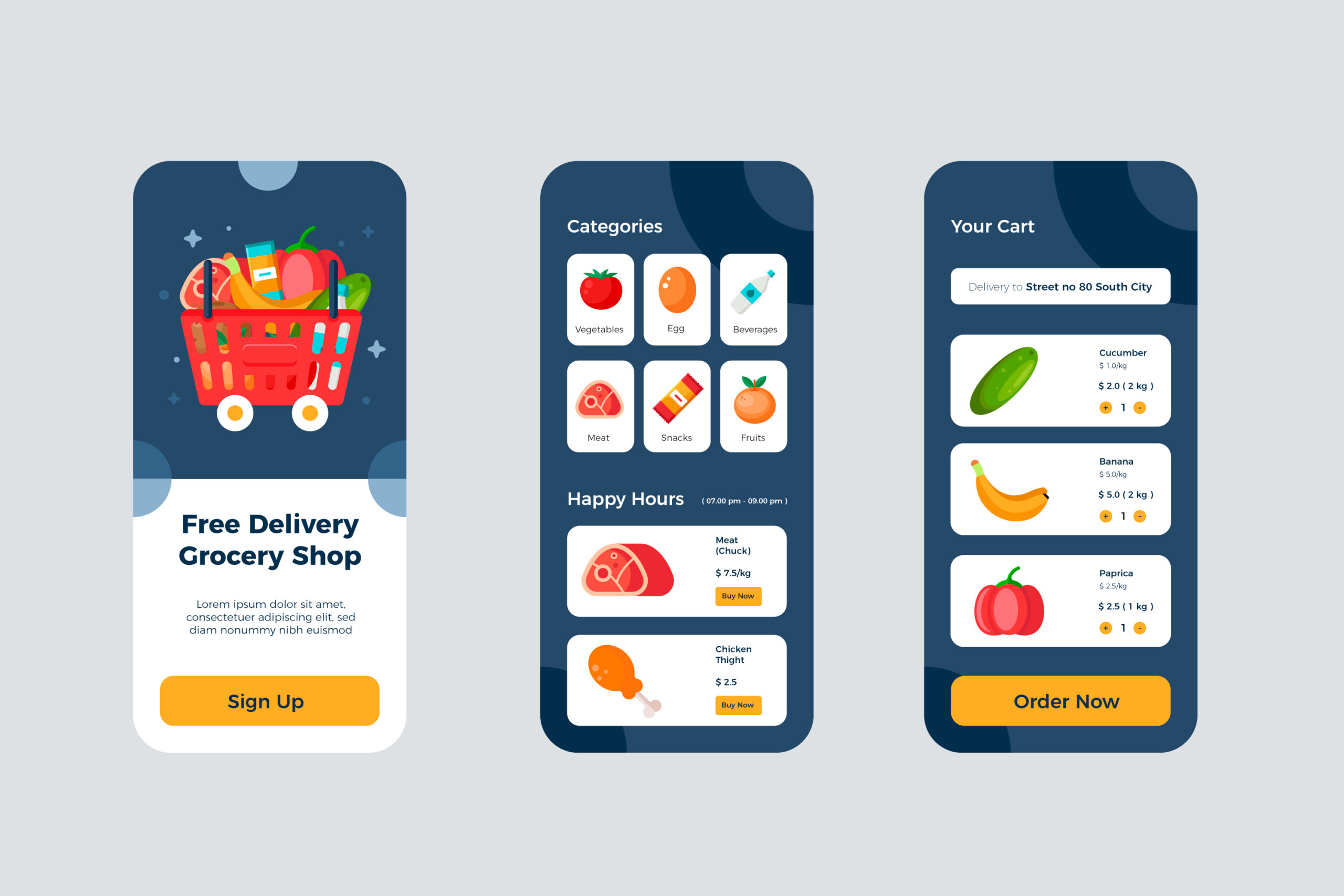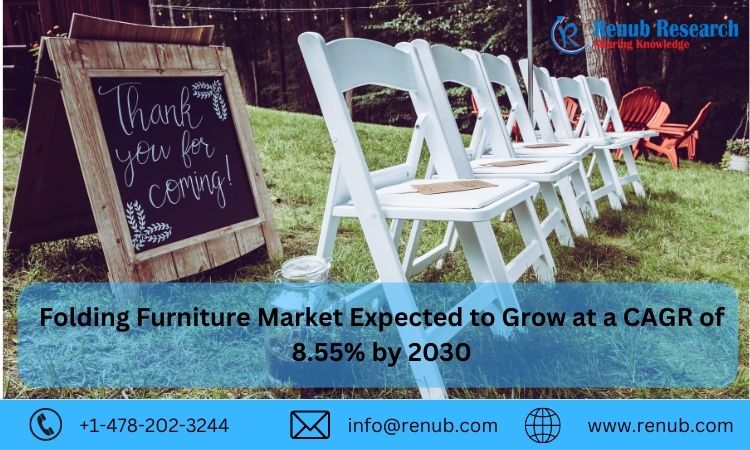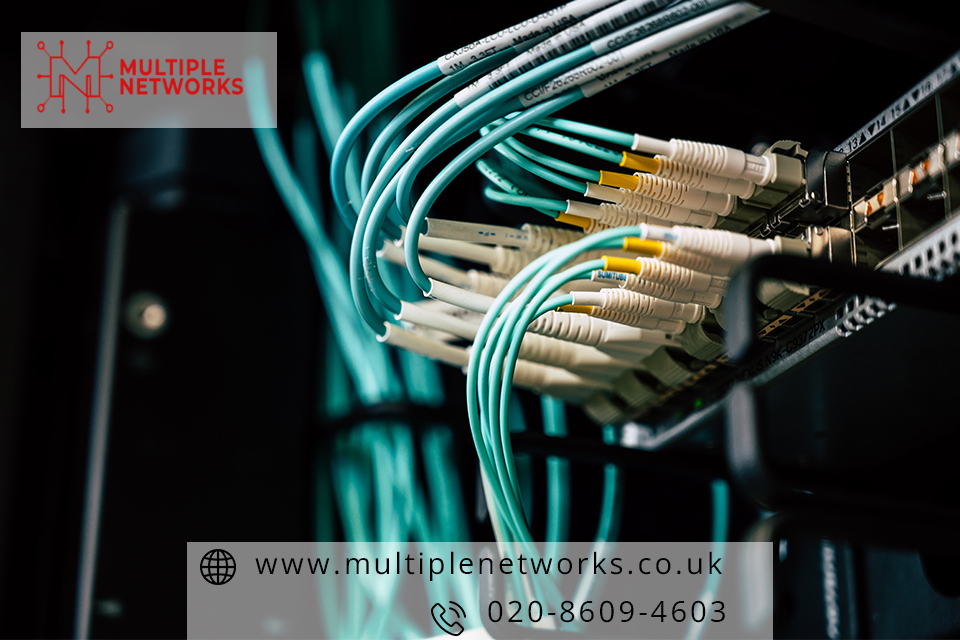In a world defined by modern conveniences and innovative strides, the realm of grocery shopping has taken an extraordinary leap forward through the emergence of mobile applications. The infusion of blockchain technology into grocery delivery apps is reshaping the way we approach essential shopping, introducing transparency, security, and efficiency to an unprecedented degree. As a result, many firms are reaching out to a grocery delivery app development company to satisfy the market trends and users’ demands.
In this article, we’ll delve deep into the universe of grocery delivery app development powered by blockchain technology, exploring its profound impact on the landscape of convenience and trust.
The Surging On-Demand for Grocery Delivery Apps
The surge of on-demand services has ushered in a shift in consumer behavior across industries, and the grocery sector is no exception. Pressing schedules, mobility constraints, and the preference for contactless transactions have fueled the demand for grocery delivery apps. These applications offer the luxury of browsing, selecting, and purchasing groceries from the comfort of one’s abode, eliminating the need to navigate crowded store aisles.
Blockchain Technology: Beyond the Realm of Cryptocurrencies
Blockchain technology, initially synonymous with cryptocurrencies such as Bitcoin, has evolved into a versatile tool with applications spanning various sectors. At its core, blockchain serves as a decentralized, tamper-resistant digital ledger that records transactions transparently and securely. This technology’s potential reaches far beyond financial realms, extending into domains like supply chain management, healthcare, and, indeed, the realm of grocery delivery.
Amplifying Transparency and Tractability
One of the most pressing challenges in the grocery industry is ensuring the transparency and traceability of products. Consumers increasingly seek insights into the origin, quality, and handling of the items they purchase. Blockchain addresses this predicament by offering an immutable and auditable record of every step along the supply chain.
For instance, a grocery delivery app powered by blockchain can empower consumers to trace their produce’s journey from its source to their table. Each touchpoint, from harvesting and packaging to transportation and storage, is meticulously recorded on the blockchain. This level of transparency nurtures trust between consumers and producers, ensuring the accuracy of labels like “organic,” “locally sourced,” or “fair trade.”
Safeguarding Food Safety
Food safety ranks among the utmost concerns for consumers and regulatory bodies alike. Contaminated or mishandled products can trigger health hazards and widespread recalls. Blockchain technology can play a pivotal role in mitigating such incidents by enabling rapid tracking and pinpointing the source of contamination.
In the event of a foodborne illness outbreak, a blockchain-infused app can promptly identify the affected batches and their origins. This targeted approach curtails the scale of recalls and prevents potentially harmful products from reaching consumers.
Ensuring Equitable Trade and Ethical Sourcing
Consumers are increasingly conscientious about the ethical implications of their purchases. They aspire to ascertain that the products they acquire are produced and sourced ethically, without labor exploitation or environmental harm. Blockchain provides a pathway to authenticate claims made by manufacturers and suppliers.
A grocery delivery app integrated with blockchain can provide users with comprehensive insights into the sourcing practices of their purchases. Certifications, audits, and compliance records stored on the blockchain substantiate assertions of fair trade, sustainable cultivation, and responsible production.
Streamlining Transactions and Loyalty Initiatives
Blockchain’s decentralized nature lends advantages to payment processing and loyalty programs. Conventional payment systems entail intermediaries and can be subject to delays and additional fees. Blockchain-based payments can streamline transactions by eliminating intermediaries, ensuring secure settlements that occur nearly instantly.
Furthermore, blockchain-anchored loyalty programs can amplify customer engagement. Loyalty points and rewards can be effortlessly recorded on the blockchain, mitigating the risk of fraud or disputes. This cultivates a stronger bond between customers and the grocery delivery service, encouraging repeat patronage.
Addressing Privacy Apprehensions
As digital transactions become more prevalent, data privacy and security apprehensions have emerged. Blockchain’s cryptographic foundation heightens security by encrypting data, ensuring that sensitive information remains accessible solely to authorized entities.
In the context of grocery delivery apps, blockchain technology can safeguard customer data, encompassing payment information, purchase history, and personal preferences. Users can harbor confidence that their data is securely stored and shared exclusively with explicit consent.
Challenges and Contemplations
While blockchain technology offers numerous advantages in grocery delivery app development company, its integration into grocery delivery apps is full of challenges. Harmonizing with existing systems, scalability, and user acceptance are vital factors to ponder. Additionally, educating both consumers and stakeholders about the benefits of blockchain and dispelling misconceptions is of utmost importance. If you are looking for a solution to tackle these challenges? Reach out to a mobile app development company in Australia.
The Future of Grocery Delivery: Transparent, Secure, and Convenient
The fusion of blockchain technology and grocery delivery apps holds vast potential. From end-to-end traceability and food safety to transparent sourcing and seamless payments, blockchain stands poised to reshape the grocery industry. As consumers persist in their pursuit of convenience without compromising trust, the assimilation of blockchain ensures that each product at their doorstep arrives with a digital pledge of authenticity and dependability.
Amid the evolving tapestry of convenience and transparency, grocery delivery apps fortified with blockchain technology aren’t merely a glimpse into the future; they serve as the bedrock of a safer, more ethical, and more efficient approach to procuring essentials. As technological innovation continues to mold our daily existence, the grocery industry stands on the brink of a digital metamorphosis that will leave an enduring imprint on how we access and savor our sustenance.
Conclusion
In conclusion, integrating blockchain technology into grocery delivery app development presents a transformative opportunity within the realm of on-demand applications. Blockchain’s inherent transparency, security, and decentralized nature can revolutionize the grocery delivery process, enhancing trust, efficiency, and accountability.
By leveraging blockchain, grocery delivery apps can ensure the authenticity and traceability of products, from farm to consumer, mitigating concerns about product origins and quality. Smart contracts can automate and validate transactions, streamlining payments and reducing friction in the supply chain. Moreover, blockchain’s tamper-proof record-keeping enhances data security and privacy, assuring customers that their sensitive information remains safeguarded.
This innovation, however, requires addressing challenges such as scalability and user familiarity with blockchain technology. As the industry evolves, collaborative efforts from a grocery delivery app development company are essential for harnessing its full potential. Ultimately, the union of blockchain and grocery delivery apps stands to reshape the on-demand landscape, fostering a more transparent, efficient, and customer-centric grocery shopping experience.



